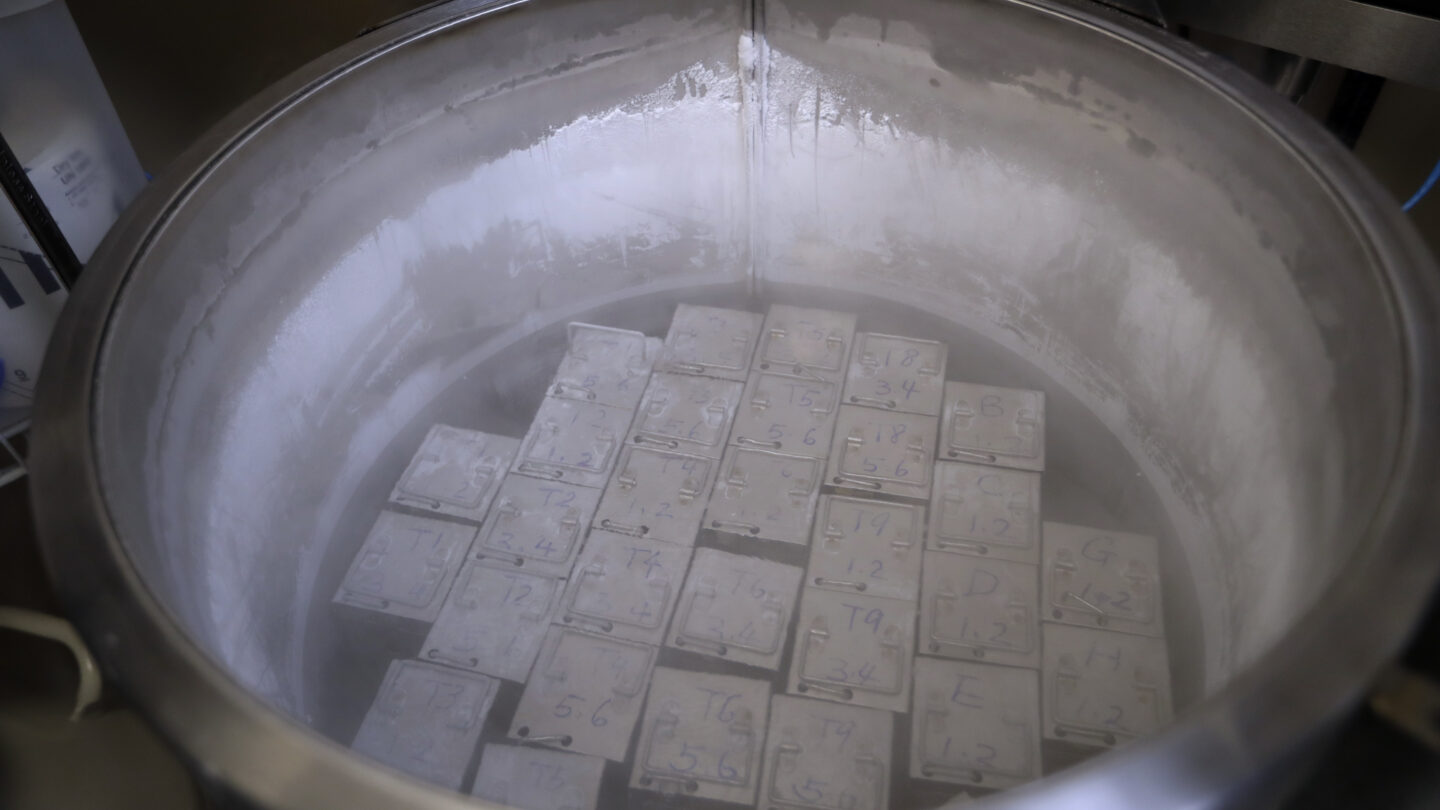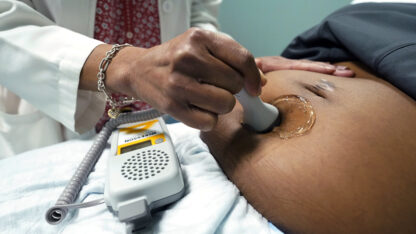The Alabama Supreme Court has ruled that frozen embryos – or a fertilized egg before it develops into a fetus – are considered children under state law.
Abortion rights advocates worry that the ruling could have sweeping consequences for fertility treatments and health care across the state and other states that have passed, or are pushing, more restrictive abortion laws.
With Georgia being a neighboring state, patients and providers are raising questions about future options.
The Alabama ruling Friday by the all-Republican court comes from a pair of wrongful death lawsuits filed by several couples who underwent in vitro fertilization, or IVF. In 2020, their frozen embryos were destroyed in an accident at a fertility clinic.
The state high court has since ruled that unborn children located outside of a biological uterus at the time they are killed are still children, and they are covered under Alabama’s Wrongful Death of a Minor law.









